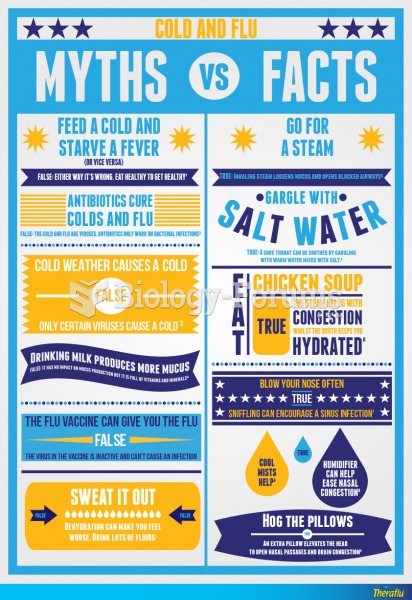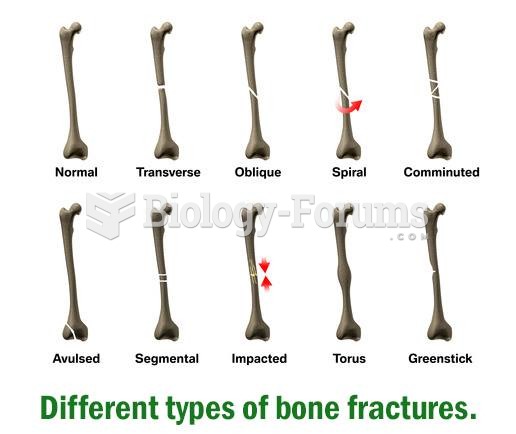Answer to Question 1
1, 2, 3, 4, 5
Rationale 1: Decongestants, antihistamines, expectorants, antipyretics, and antitussives are used to treat symptoms of the common cold.
Rationale 2: Decongestants, antihistamines, expectorants, antipyretics, and antitussives are used to treat symptoms of the common cold.
Rationale 3: Decongestants, antihistamines, expectorants, antipyretics, and antitussives are used to treat symptoms of the common cold.
Rationale 4: Decongestants, antihistamines, expectorants, antipyretics, and antitussives are used to treat symptoms of the common cold.
Rationale 5: Decongestants, antihistamines, expectorants, and antitussives are used to treat symptoms of the common cold.
Global Rationale: Decongestants, antihistamines, expectorants, antitussives, and antipyretics are used to treat symptoms of the common cold.
Answer to Question 2
1, 2, 3, 4
Rationale 1: Patients with thyroid disorders, hypertension, diabetes, or heart disease should use decongestants only on the direction of their healthcare practitioner.
Rationale 2: Patients with thyroid disorders, hypertension, diabetes, or heart disease should use decongestants only on the direction of their healthcare practitioner.
Rationale 3: Patients with thyroid disorders, hypertension, diabetes, or heart disease should use decongestants only on the direction of their healthcare practitioner.
Rationale 4: Patients with thyroid disorders, hypertension, diabetes, or heart disease should use decongestants only on the direction of their healthcare practitioner.
Rationale 5:Allergic rhinitis is incorrect because decongestants can be used safely with this group of individuals.
Global Rationale: Patients with thyroid disorders, hypertension, diabetes, or heart disease should use decongestants only on the direction of their healthcare practitioner. Allergic rhinitis is incorrect because decongestants can be used safely with this group of individuals.







